Clearly define the responsibilities of the leader
Discussing in Group 4 (including National Assembly delegations from Khanh Hoa , Lai Chau and Lao Cai provinces) on the afternoon of November 5, delegates basically agreed with the necessity of promulgating the Law on Thrift and Anti-Waste.
According to National Assembly member Chamaléa Thi Thuy (Khanh Hoa), the 2013 Law does not cover all areas of waste, lacks strong sanctions and is not consistent with specialized laws. Therefore, it is necessary to issue a new law to overcome the above limitations.
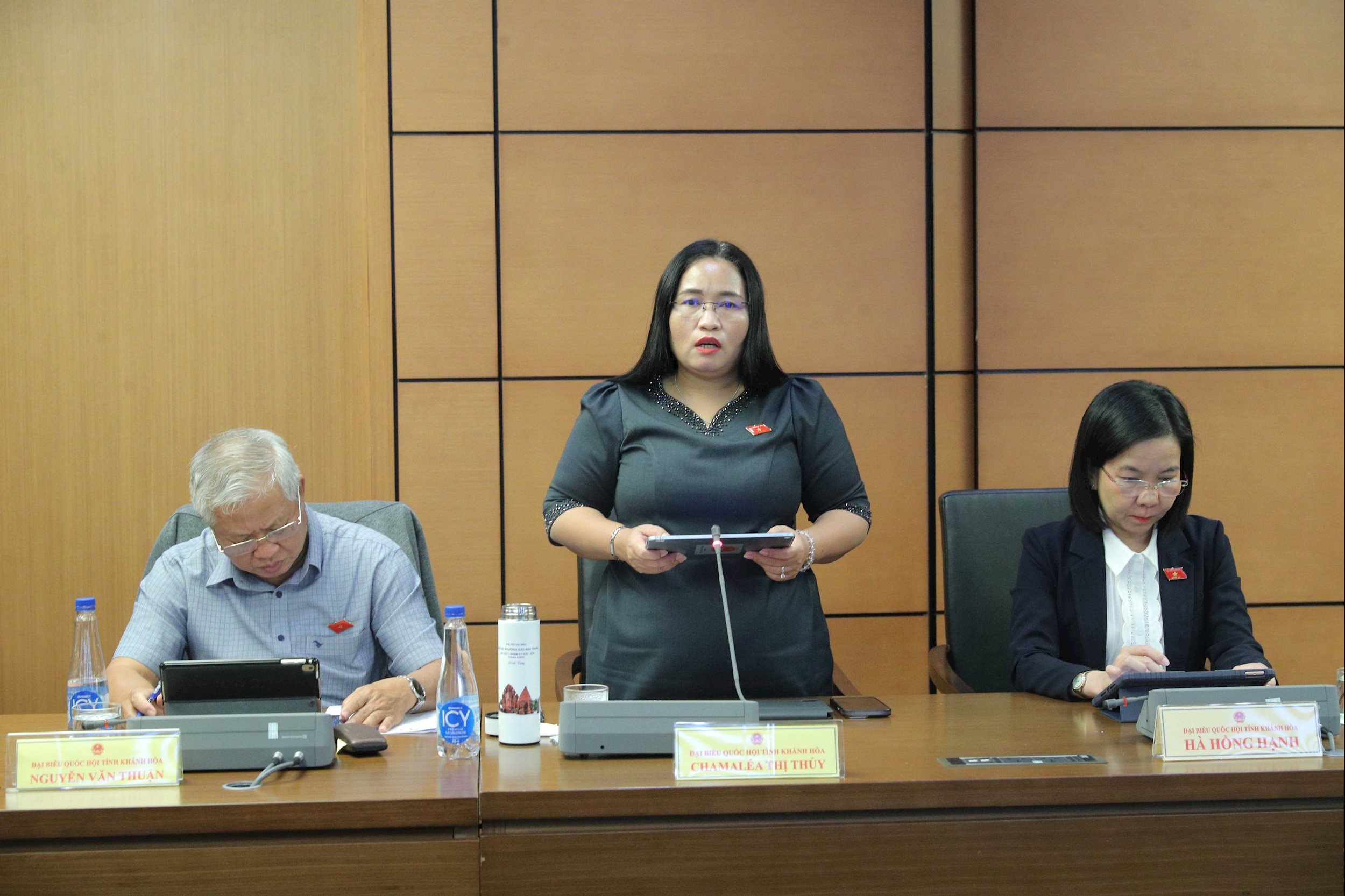
“The promulgation of the new law not only aims to institutionalize the Party's policy on thrift and anti-waste but also meets the requirements of public administration innovation and improving the efficiency of using national resources in the context of increasingly challenging socio -economic conditions,” the delegate said.
Appreciating the expansion of the scope of regulation to public finance, public assets, organizational apparatus, energy, and other fields, delegates suggested that it is necessary to clarify regulations on "production, business and consumption activities of organizations, households and individuals".
According to the delegate, the application of this law to the private sector should be limited to cases related to the use of public resources or having an impact on public interests, to avoid conflicts with the freedom of business and property rights protected by the Constitution.

In addition, the draft Law needs to add clearer regulations on private enterprises in Clause 7, Article 2; the law should only be applied compulsorily to enterprises, organizations, and individuals when managing and using public resources or committing wasteful acts that affect public interests.
The Draft Law also clearly stipulates wasteful behavior and violations in organizing the implementation of waste prevention and control (Articles 3 and 4).
According to delegate Chamaléa Thi Thuy, listing groups of wasteful and violating behaviors is necessary, but it needs to be more specific for easy identification and application.
For example, the act of "causing waste in the management, exploitation and use of resources and energy" (Article 3, Clause 1, Point d) needs to be regulated in more detail, especially in the context of climate change and current sustainable development requirements; at the same time, it is necessary to supplement clearer regulations on the responsibility of leaders in allowing waste to occur, as well as specific sanctions to handle violations.
Assign the Ministry of Finance to develop a set of evaluation indexes
Notably, the draft Law clearly stipulates the protection of anti-waste fighters (Article 7). Appreciating the addition of regulations to protect anti-waste fighters and their relatives, such as compensation for damages when competent authorities fail to apply timely protection measures, delegate Chamaléa Thi Thuy suggested that it is necessary to add specific measures to protect the identity, personal safety and rights of whistleblowers, especially in cases where they face retaliation and isolation.
National Assembly Deputy Khang Thi Mao (Lao Cai) added that, in Clause 6, Article 5 of the draft Law stipulates: "Relatives of anti-waste fighters who are protected include the wife, husband, biological father, biological mother, adoptive father, adoptive mother, biological children, and adopted children of anti-waste fighters." This provision creates the basis for applying the protection measures stipulated in Article 7.
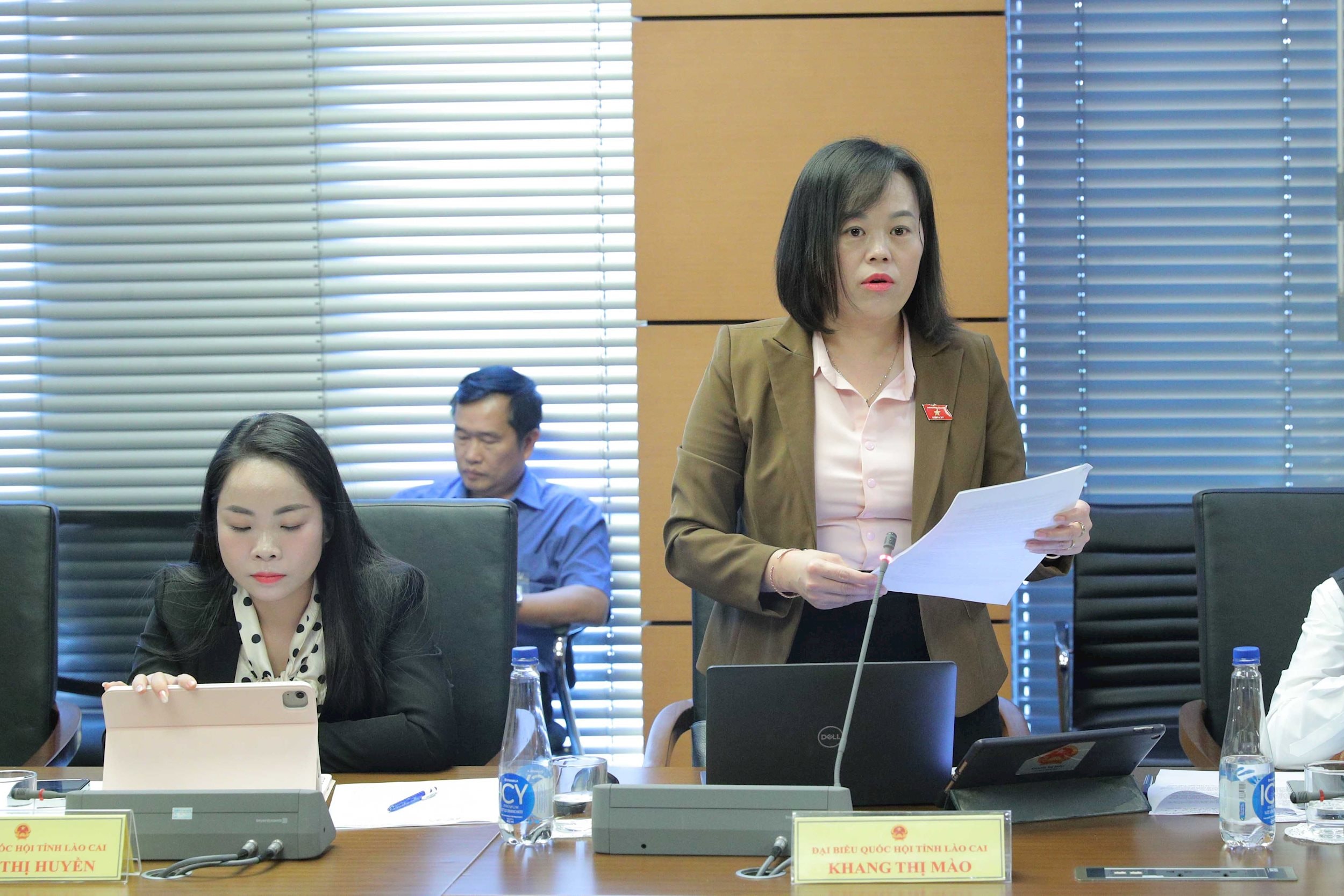
However, the scope of "relatives" as above is still narrow, not covering all family relationships.
The delegate proposed to add “parents-in-law, siblings, and those who directly raised or were raised by that person”. This expansion will ensure comprehensive protection, contributing to encouraging and protecting people and officials who dare to fight against wasteful and negative behavior.
Also according to delegate Khang Thi Mao, Article 6 of the draft Law on the principle of thrift and anti-waste has shown a more innovative and comprehensive orientation compared to the 2013 Law, especially the expansion of the scope of thrift practice and anti-waste right from the stage of policy planning, law building and enforcement.
However, to ensure feasibility, delegates suggested that it is necessary to continue perfecting the content of this article in the direction of specifying the implementation mechanism, especially for the principles in Clauses 2, 3 and 7.
Specifically, for Clause 2, the provision "ensuring savings and combating waste in the entire process of policy making, drafting, and monitoring law enforcement" is a correct step forward in management thinking, aiming to prevent waste right from the root.

However, the draft Law has not yet regulated the assessment of cost-benefit impacts, compliance costs and the risk of institutional waste; and has not clearly identified the entity responsible for ensuring this principle.
From there, the delegates suggested that the Drafting Committee supplement the regulation assigning the Government to provide specific guidance on the content and methods of cost-effectiveness impact assessment, requiring the integration of thrift and anti-waste content in policy assessment reports and draft legal documents, and at the same time establishing a mechanism for periodic post-promulgation review to promptly adjust documents and regulations that cause waste of social resources.
In Clause 3, it is necessary to specify criteria for evaluating the effectiveness of savings and anti-waste, avoiding formal evaluation. "It is proposed that the Ministry of Finance take the lead in developing a set of indicators for evaluating savings and anti-waste," the delegate stated.
To encourage cadres to dare to think, dare to do, dare to take responsibility for the common good (clause 7), delegate Khang Thi Mao suggested that the draft Law should have specific regulations on criteria for identifying objective risks, to avoid being exploited to avoid responsibility when waste occurs.
The drafting committee needs to research and clearly guide the scope, conditions of application and the process of considering exemption and reduction of liability in these cases.
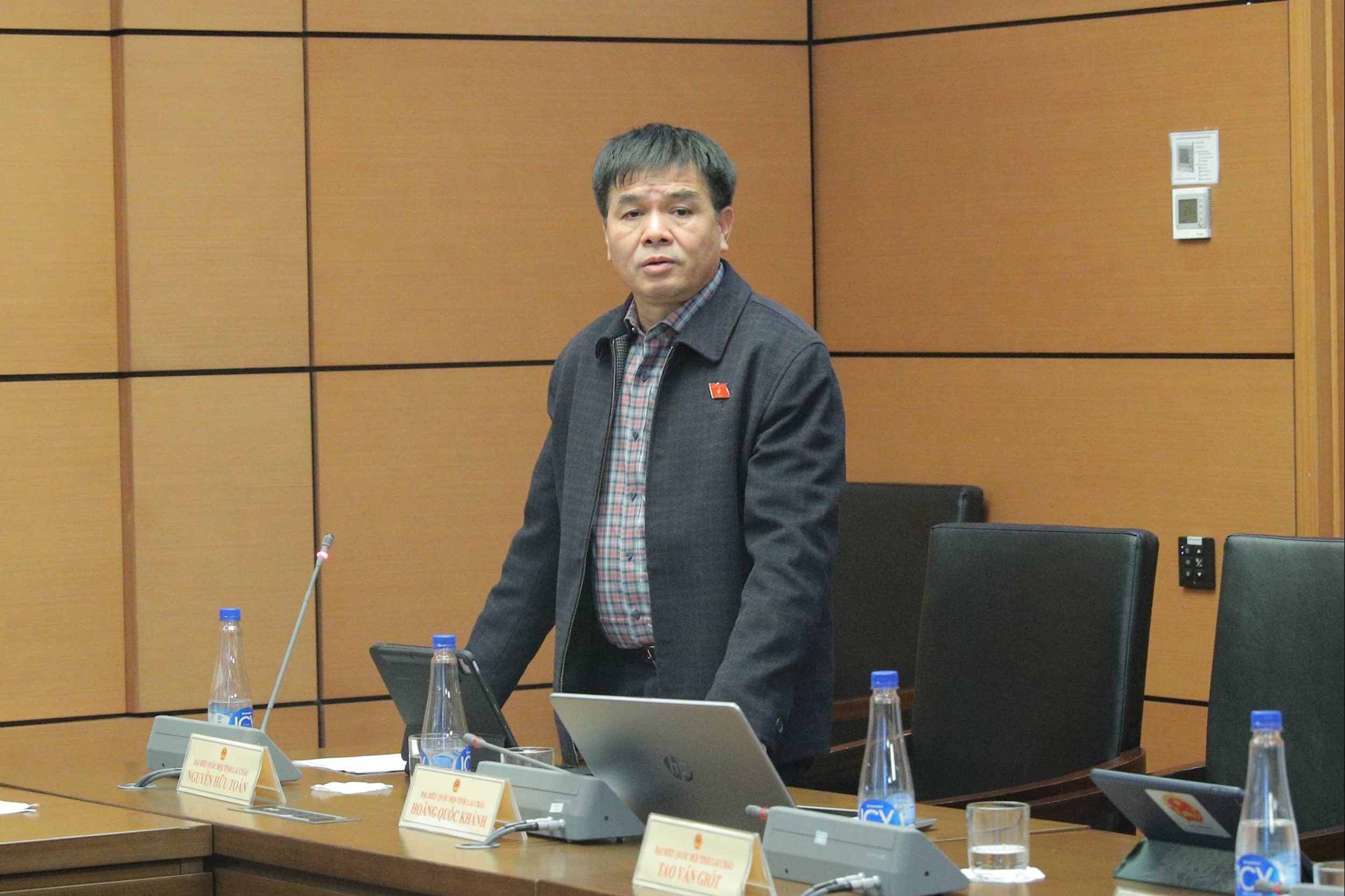
In Article 8, the draft Law stipulates that May 31 every year is the National Day for Saving and Anti-Wastefulness. National Assembly Deputy Nguyen Huu Toan (Lai Chau) expressed concern about this provision.
According to the delegate, saving and fighting waste “must permeate every day, every hour in production and business as well as in the life of each individual”. Therefore, promoting a frugal lifestyle and fighting waste is necessary and “should not be concentrated in one day”.
Source: https://daibieunhandan.vn/ro-tieu-chi-danh-gia-hieu-qua-tiet-kiem-chong-lang-phi-10394508.html







![[Photo] Opening of the 14th Conference of the 13th Party Central Committee](https://vphoto.vietnam.vn/thumb/1200x675/vietnam/resource/IMAGE/2025/11/05/1762310995216_a5-bnd-5742-5255-jpg.webp)
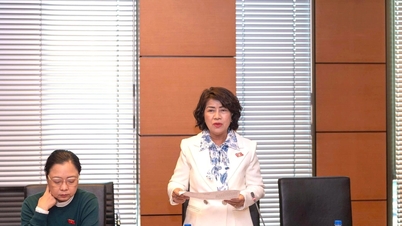
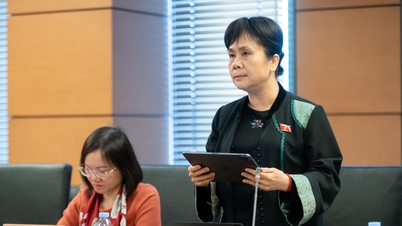
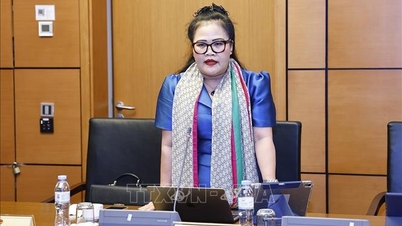





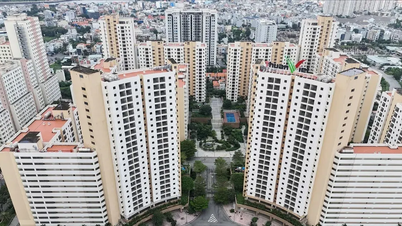



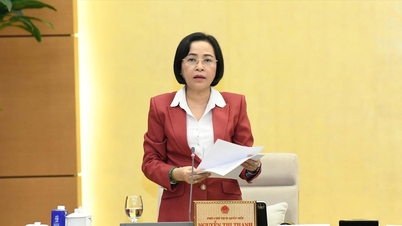
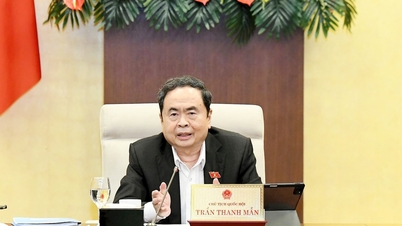


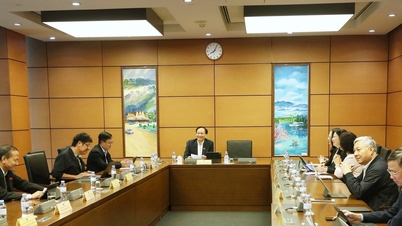




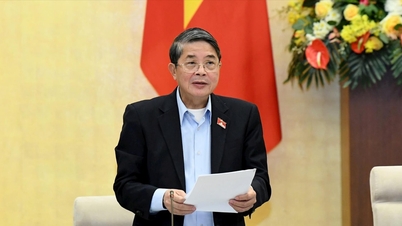
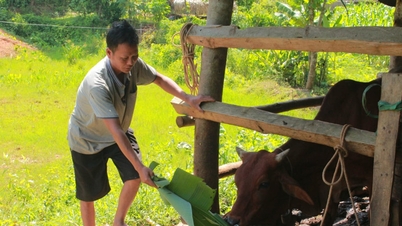
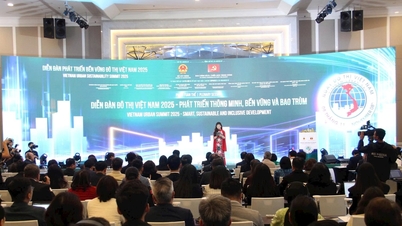
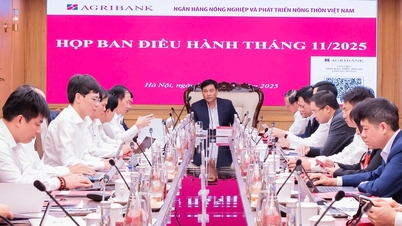



![[Photo] Panorama of the Patriotic Emulation Congress of Nhan Dan Newspaper for the period 2025-2030](https://vphoto.vietnam.vn/thumb/1200x675/vietnam/resource/IMAGE/2025/11/04/1762252775462_ndo_br_dhthiduayeuncbaond-6125-jpg.webp)














































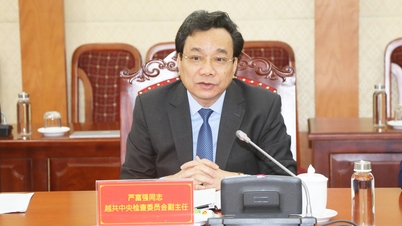
























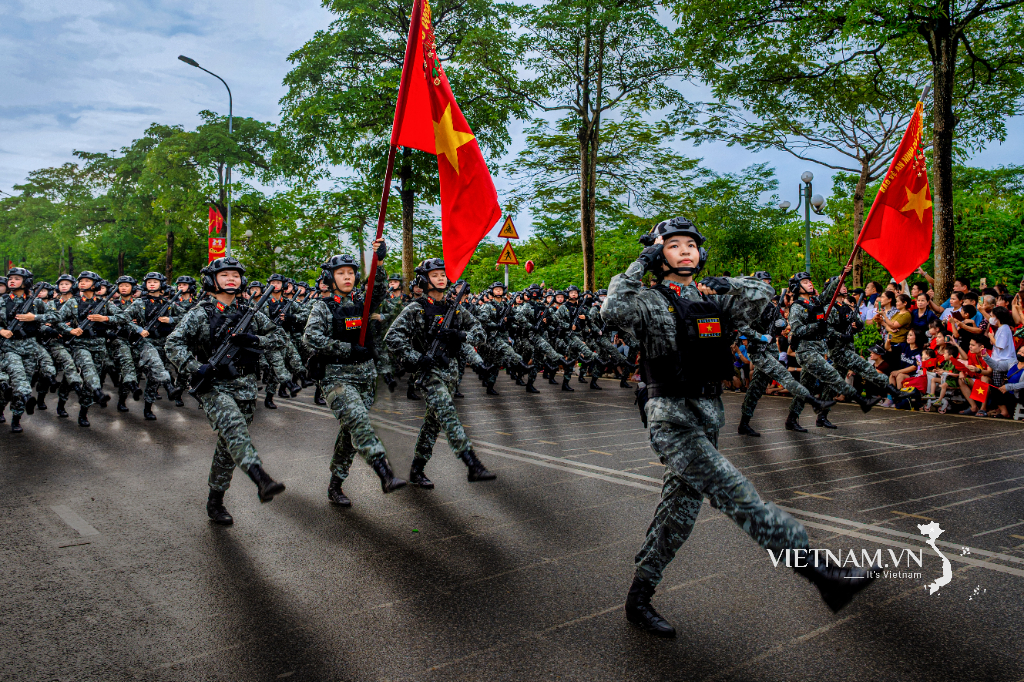
Comment (0)